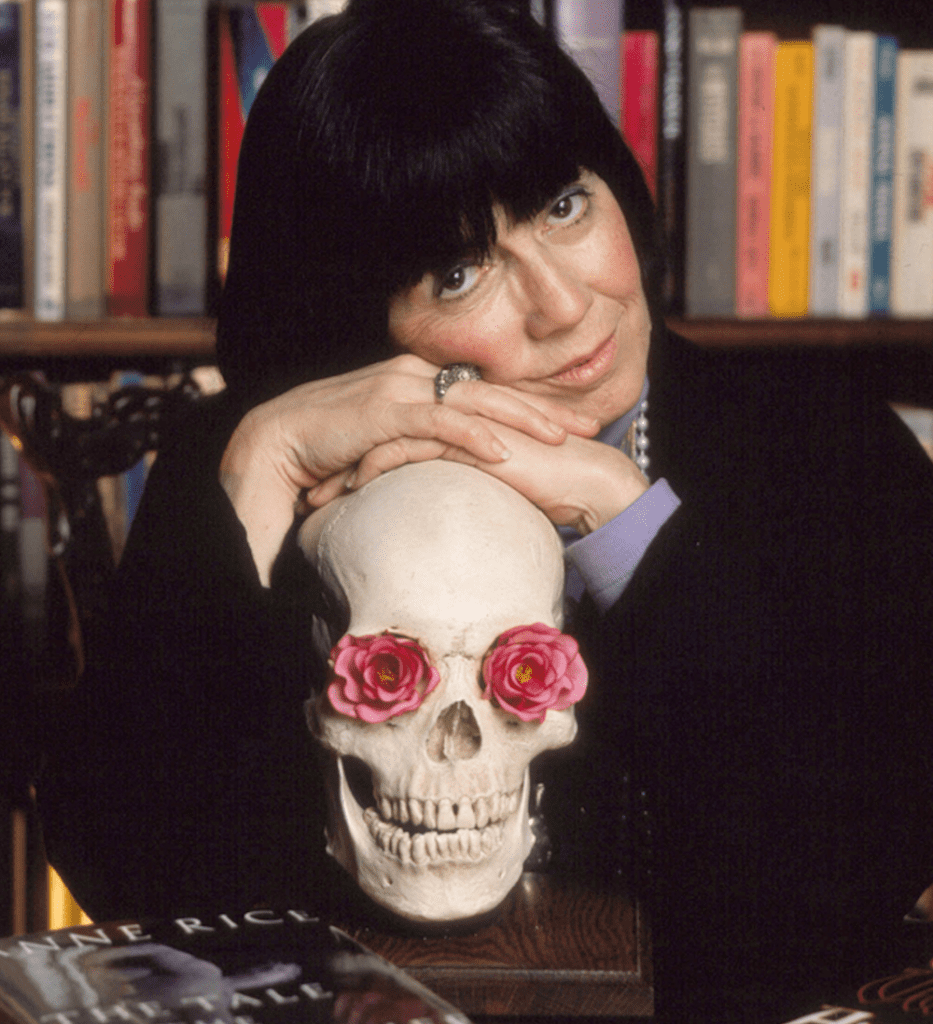Anne Rice Wants White Flowers at Her Funeral: Which Ones?
By Jill Brooke

R.I.P. Anne Rice, who died at the age of 80 from complications from a stroke.
Years ago, the author of 30 Gothic novels, including “Interview with the Vampire.” shared this tidbit.
“My own funeral, I’d like to be laid out in a coffin in my own house. I would like my coffin to be put in the double parlor and I would like all the flowers to be white,” said Rice.
What do you think Anne Rice fans? Should it be white roses or orchids or calla lilies or …..? The list could be endless.
She always loved flowers in real life and when she created her memorable characters often referenced flowers. Rice sold over 150 million books in her lifetime, though the 1976 book, “Interview with the Vampire” was the most famous. The book was turned into a 1995 Academy-Award-winning movie in 1976 and starred Tom Cruise, Brad Pitt and Kirsten Dunst.
Though it was a bit surprising she wanted white flowers. Fans may remember when LeStat, a lead character of her famous book, said, “I love black calla lilies and Dracula orchids. I don’t know if they stay open at night, but I think they do.”
Entertainment writer Roger Friedman from Showbiz411 suggests a “Venus flytrap” because vampires trap their prey.
Flowers were nostalgic for the writer. “In the spring of 1988, I returned to New Orleans, and as soon as I smelled the air, I knew I was home. It was rich, almost sweet, like the scent of jasmine and roses around our old courtyard. ”
As far as her philosophy on life, the mother of writer Christopher Rice, said, “There is one purpose to life and one only: to bear witness to and understand as much as possible of the complexity of the world — its beauty, its mysteries, its riddles. The more you understand, the more you look, the greater is your enjoyment of life and your sense of peace. That’s all there is to it. Everything else is fun and games. If an activity is not grounded in “to love” or “to learn” it does not have value.”
Furthermore, she added, “And you must know we do not really change over time; we are as flowers unfolding, we merely become more nearly ourselves.”
Photo Credit: Cosmopolitan Magazine
